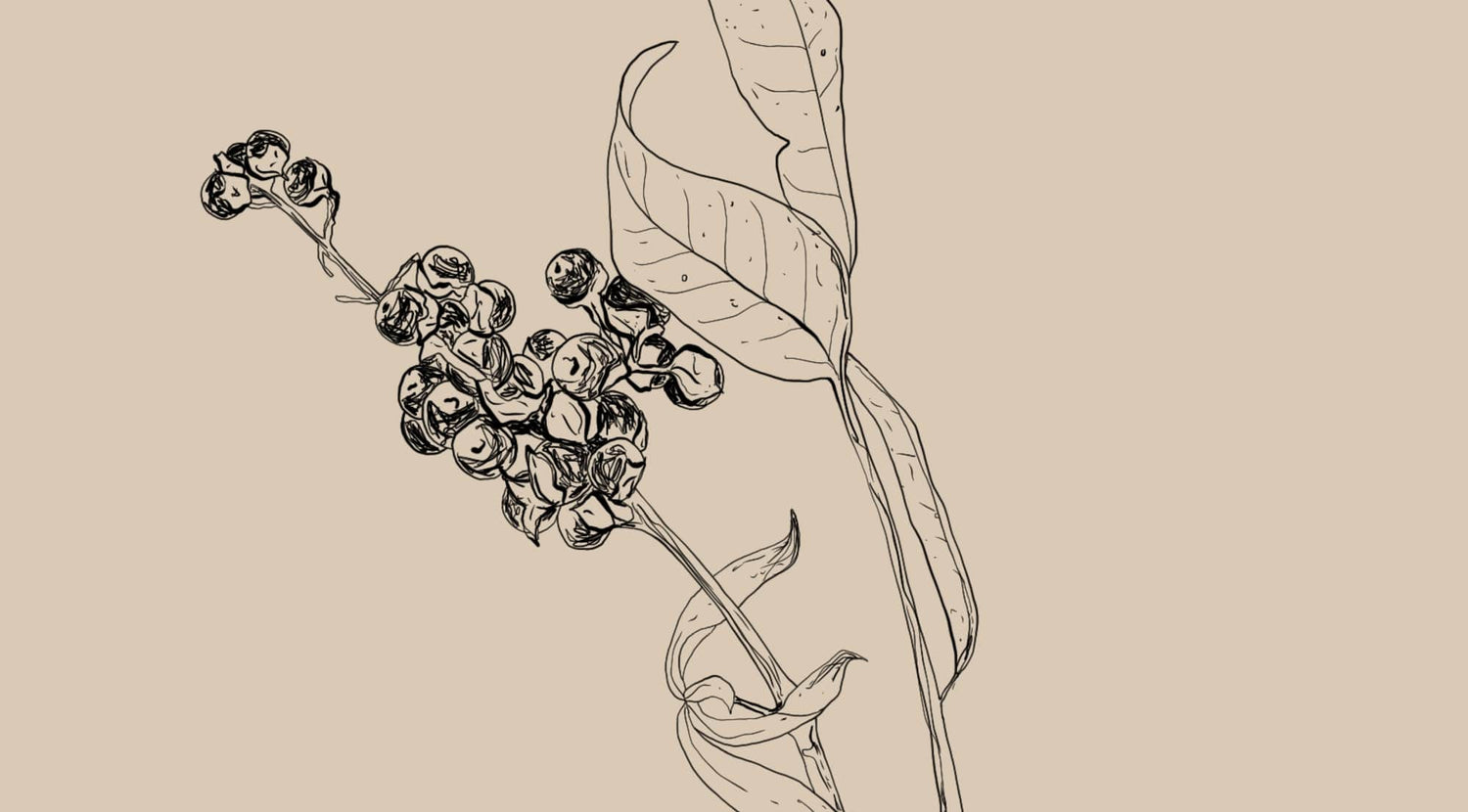The Aunt Flow
For PMS support and regulating a healthy period cycle. Bundle includes:
- Woman Kind - 60 capsules. Traditionally used in Ayurvedic medicine as a rejuvenating female tonic, to help the body adapt to stress and enhance healthy libido.
-
Chaste Tree Berry - 50 mL oral liquid. Relieves symptoms of premenstrual tension and helps to regulate a healthy period cycle.
Purchase any two items, get your choice of free Mushroom powder.
Couldn't load pickup availability
Description
Description
Direction
Direction
Active Ingredients
Active Ingredients
Health Warnings
Health Warnings
Sourcing
Sourcing
Consciously Created
Australian Made
No Added Dairy
No Added Gluten
No Added Soy
Plant Actives
Responsible Packaging
Vegan
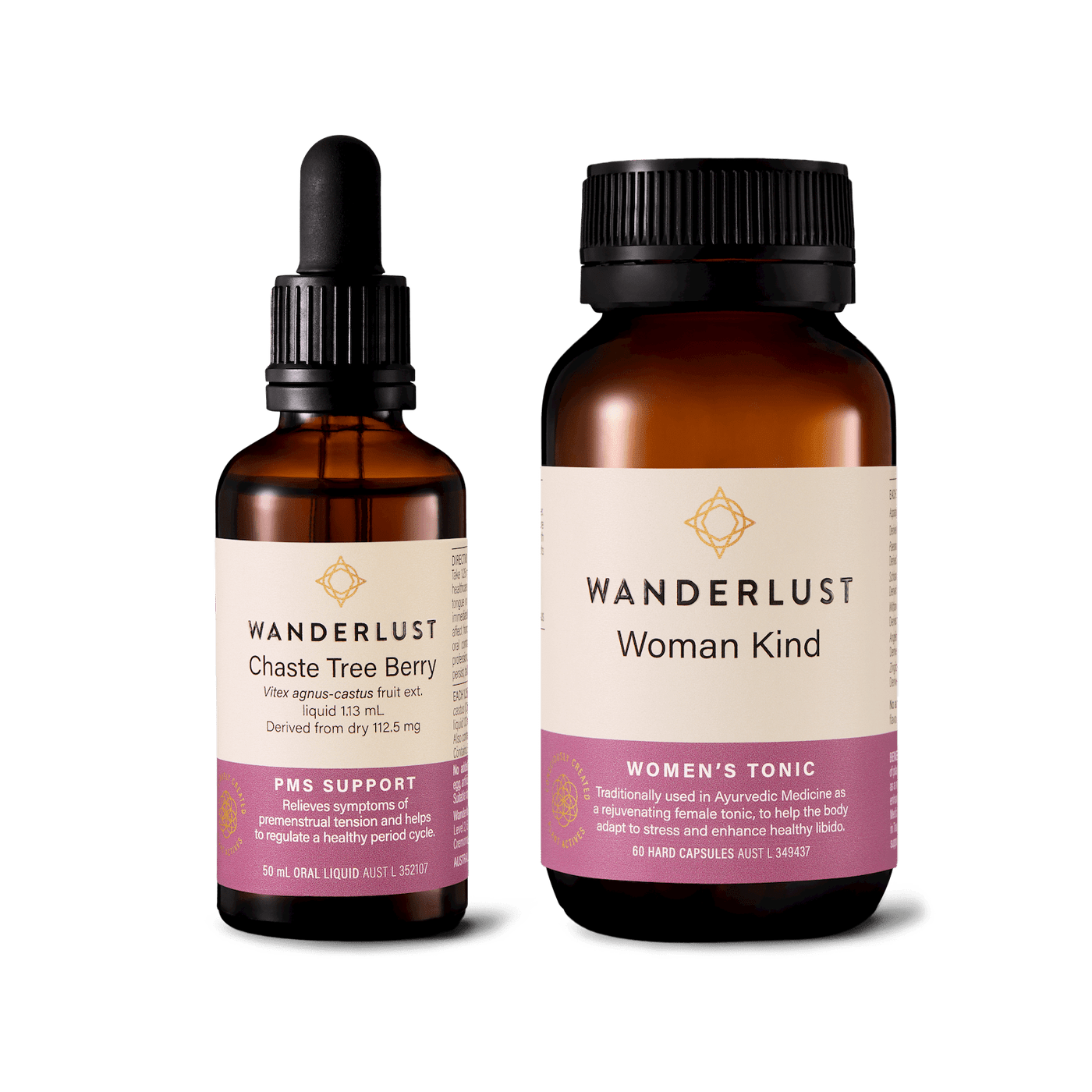
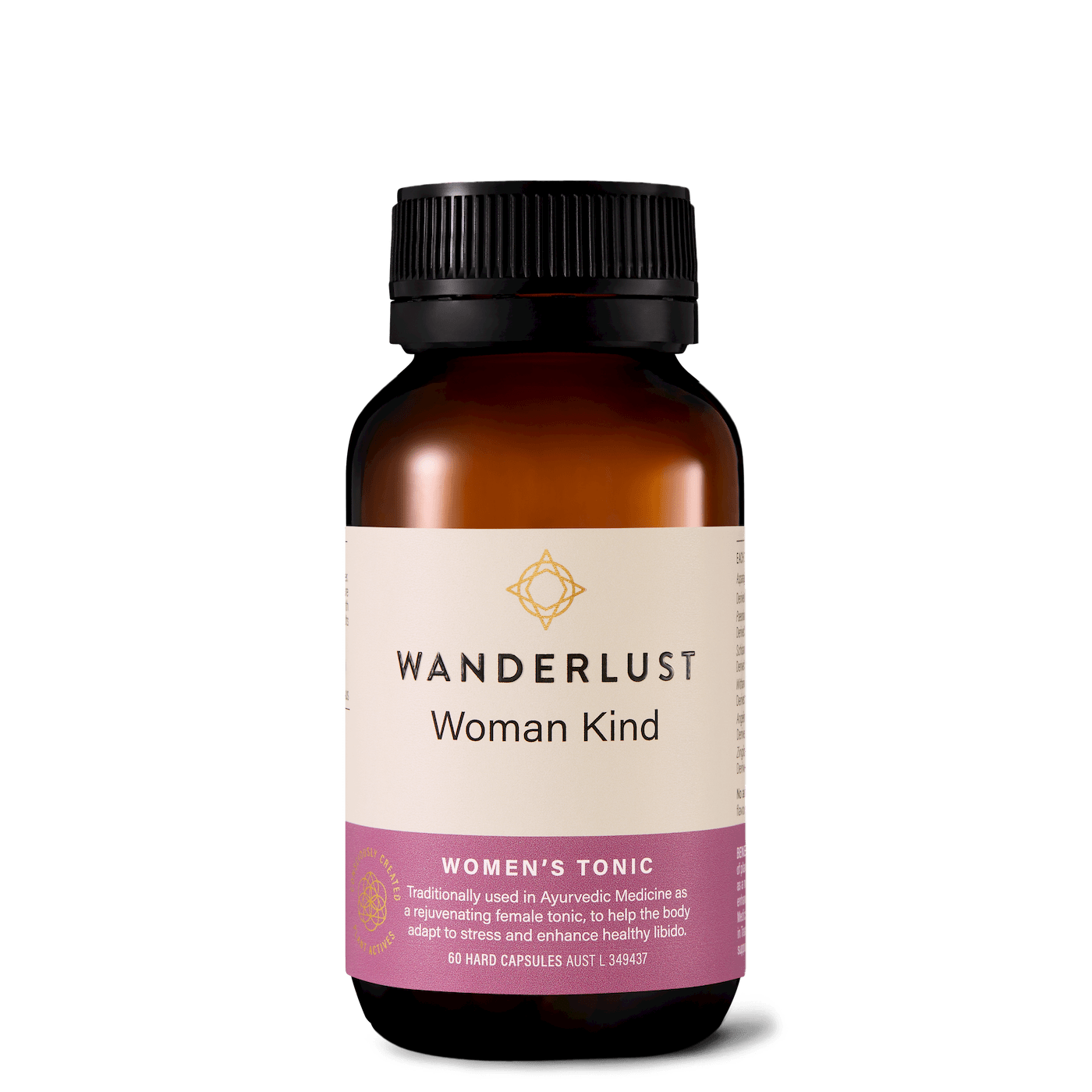

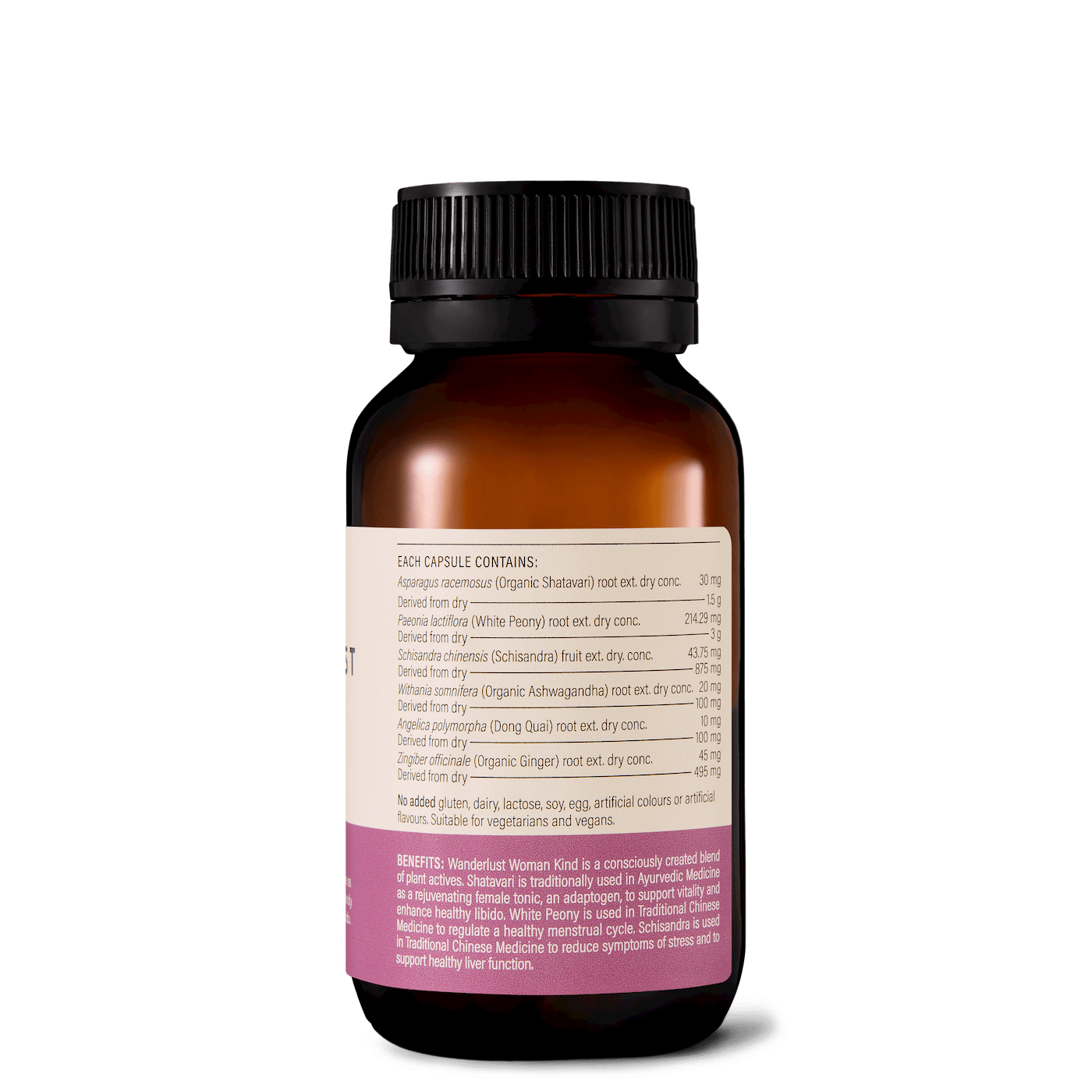
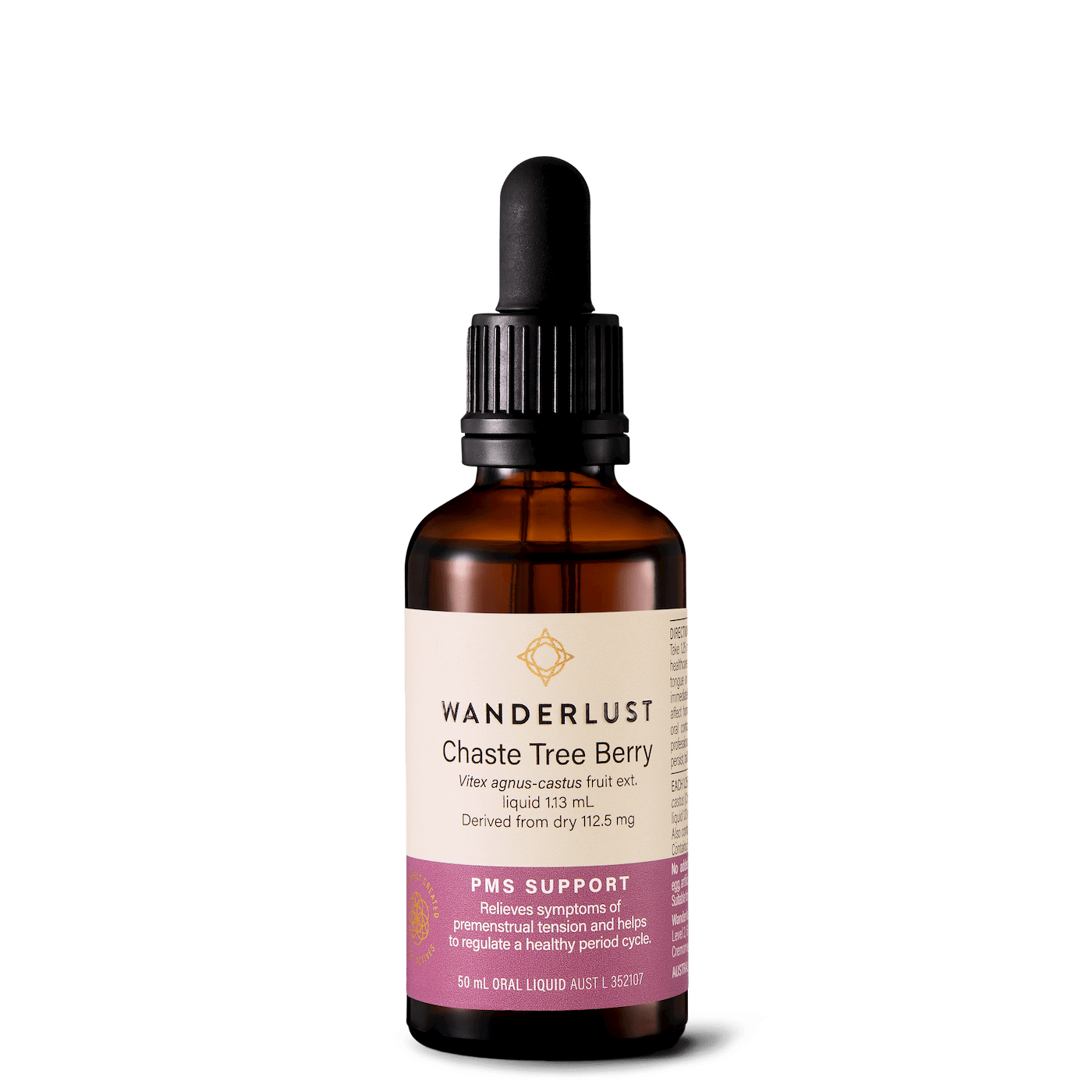
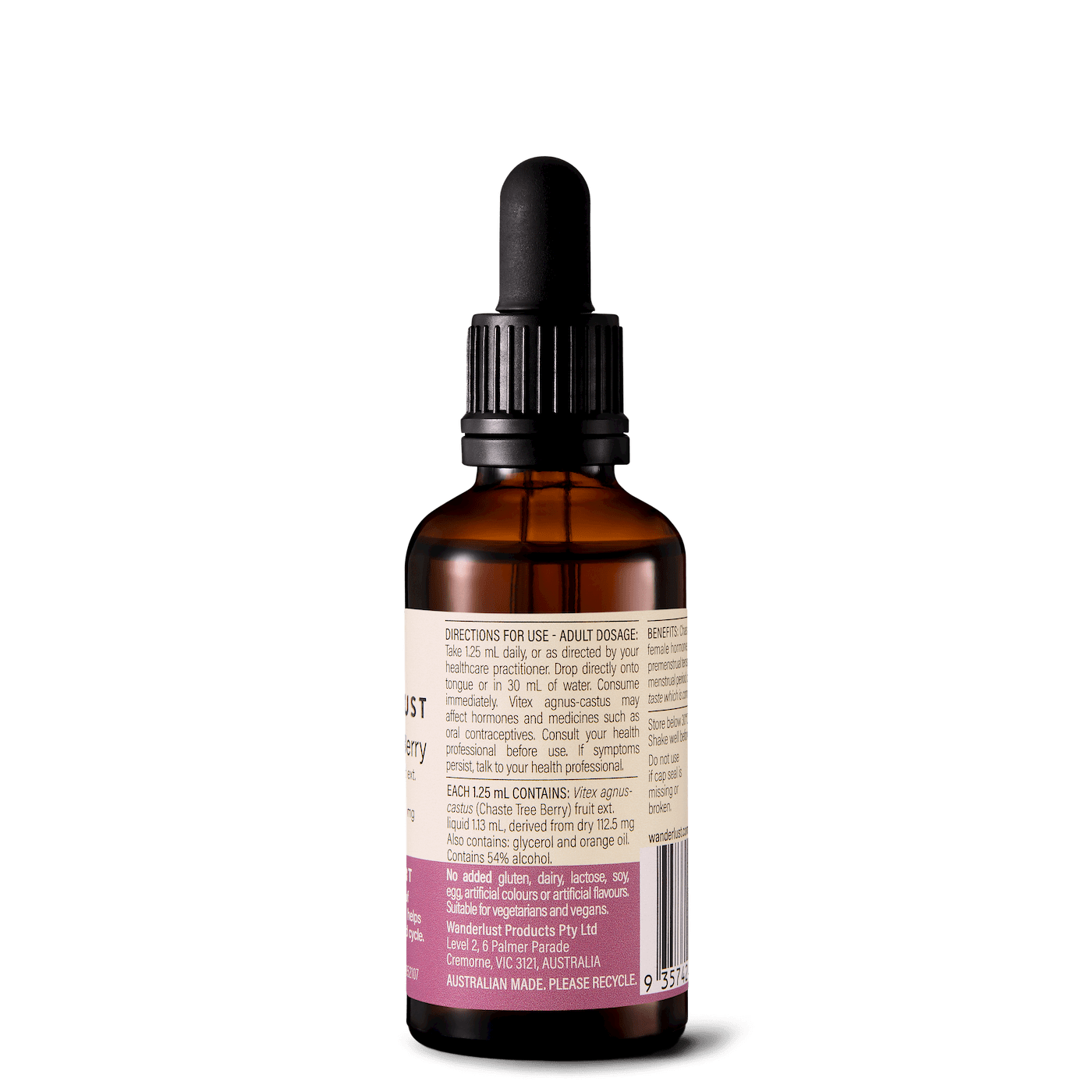

Ingredients
White Peony
Paeonia lactiflora
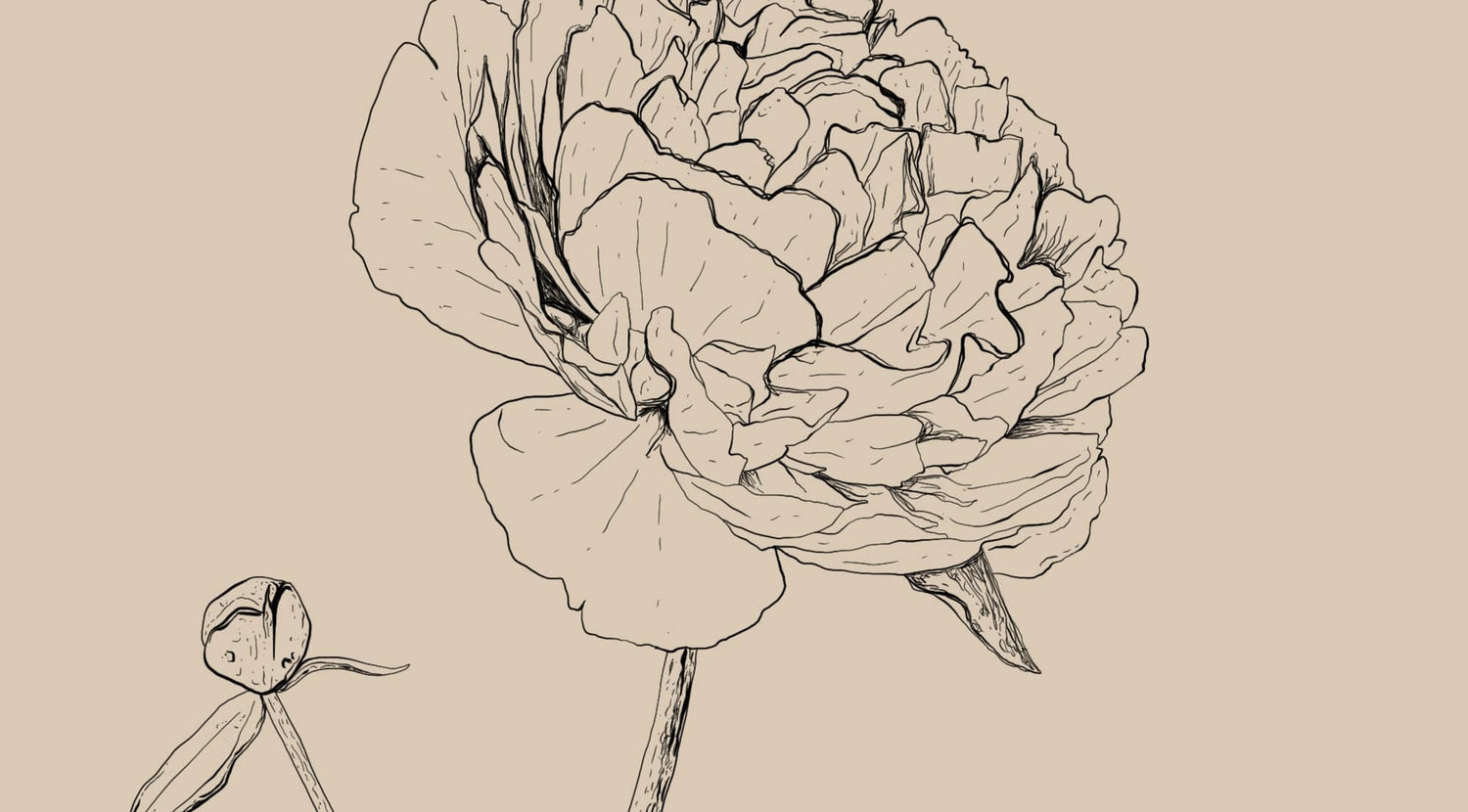
Schisandra
Schisandra chinensis
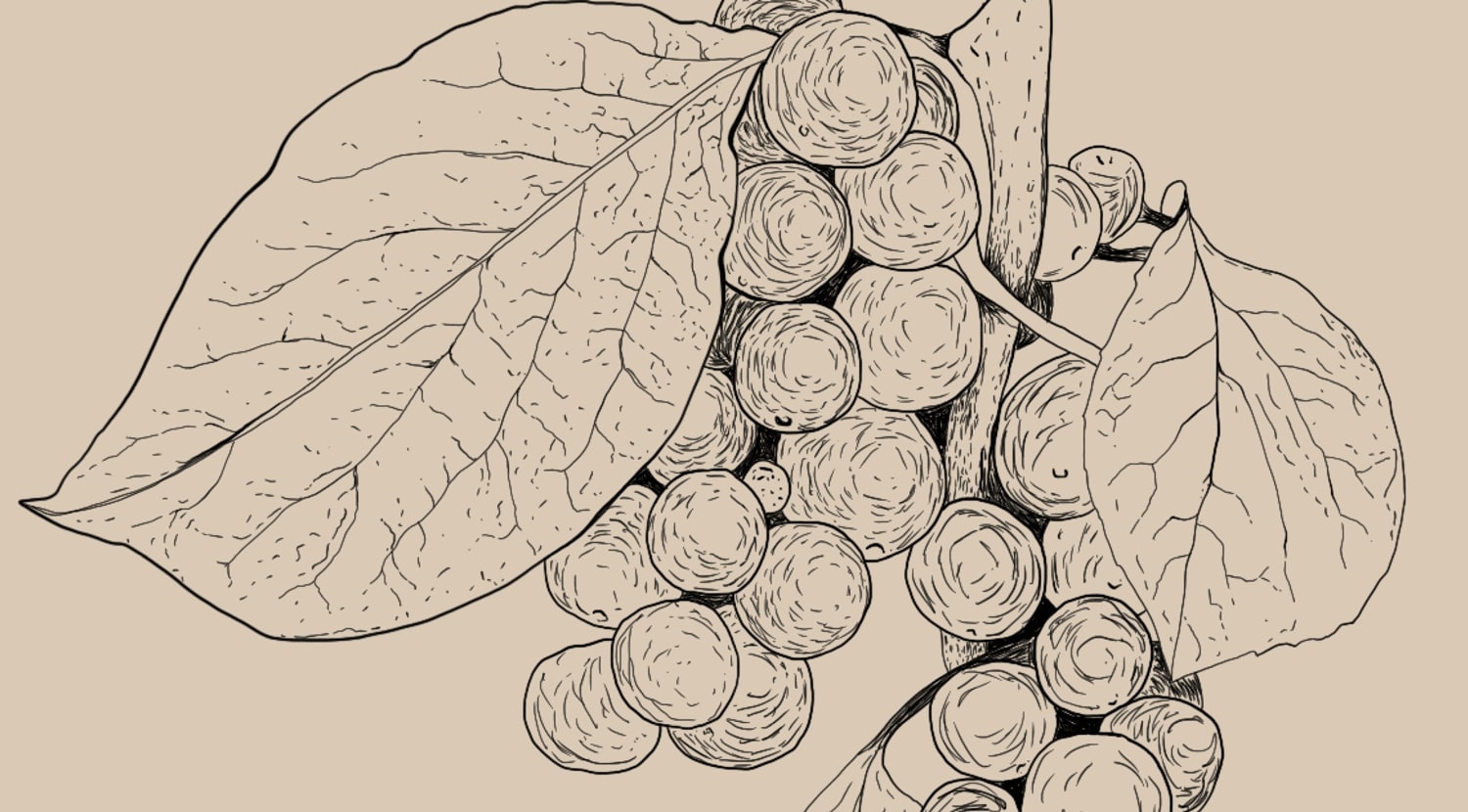
Shatavari
Asparagus racemosus
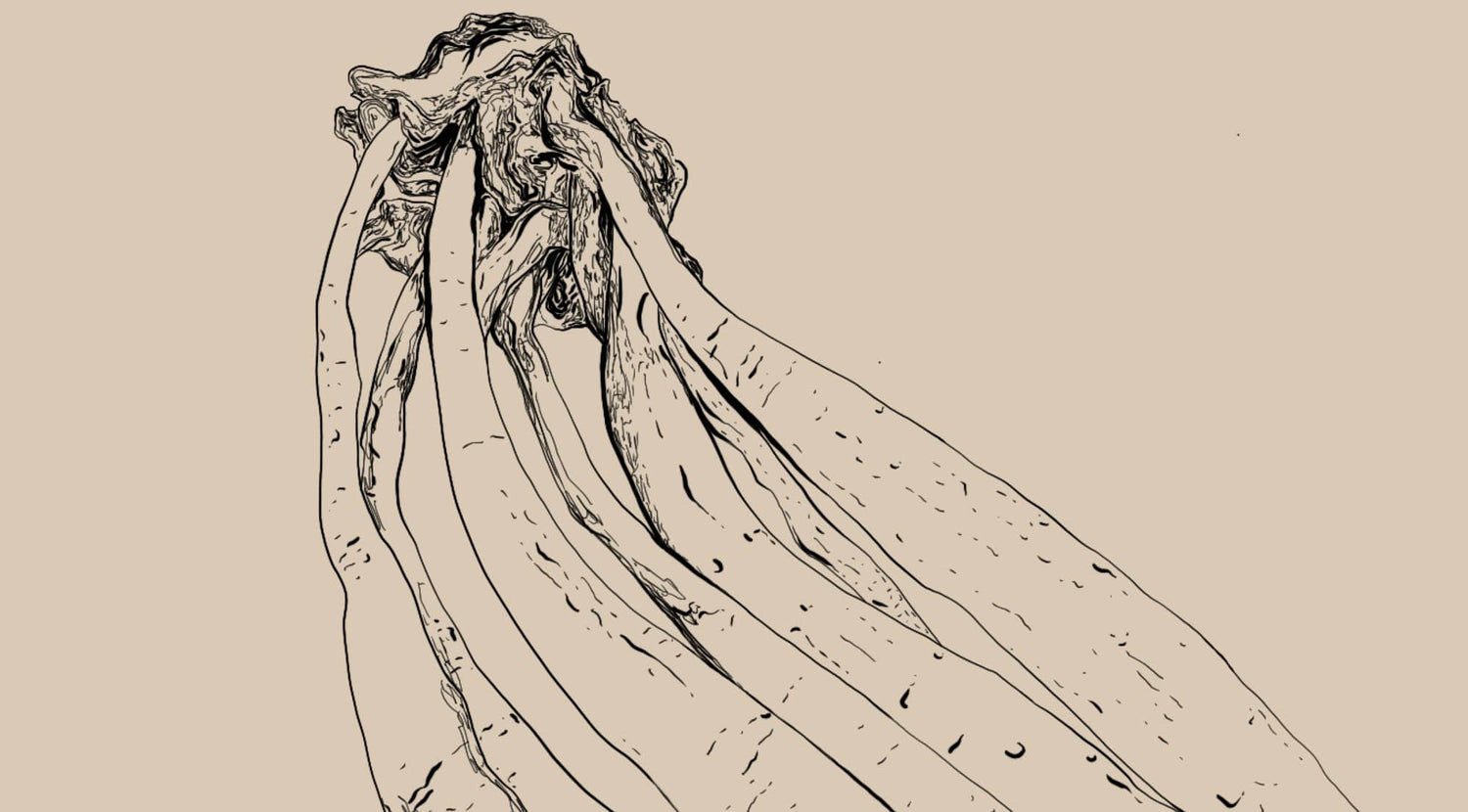
Ashwagandha
Withania somnifera
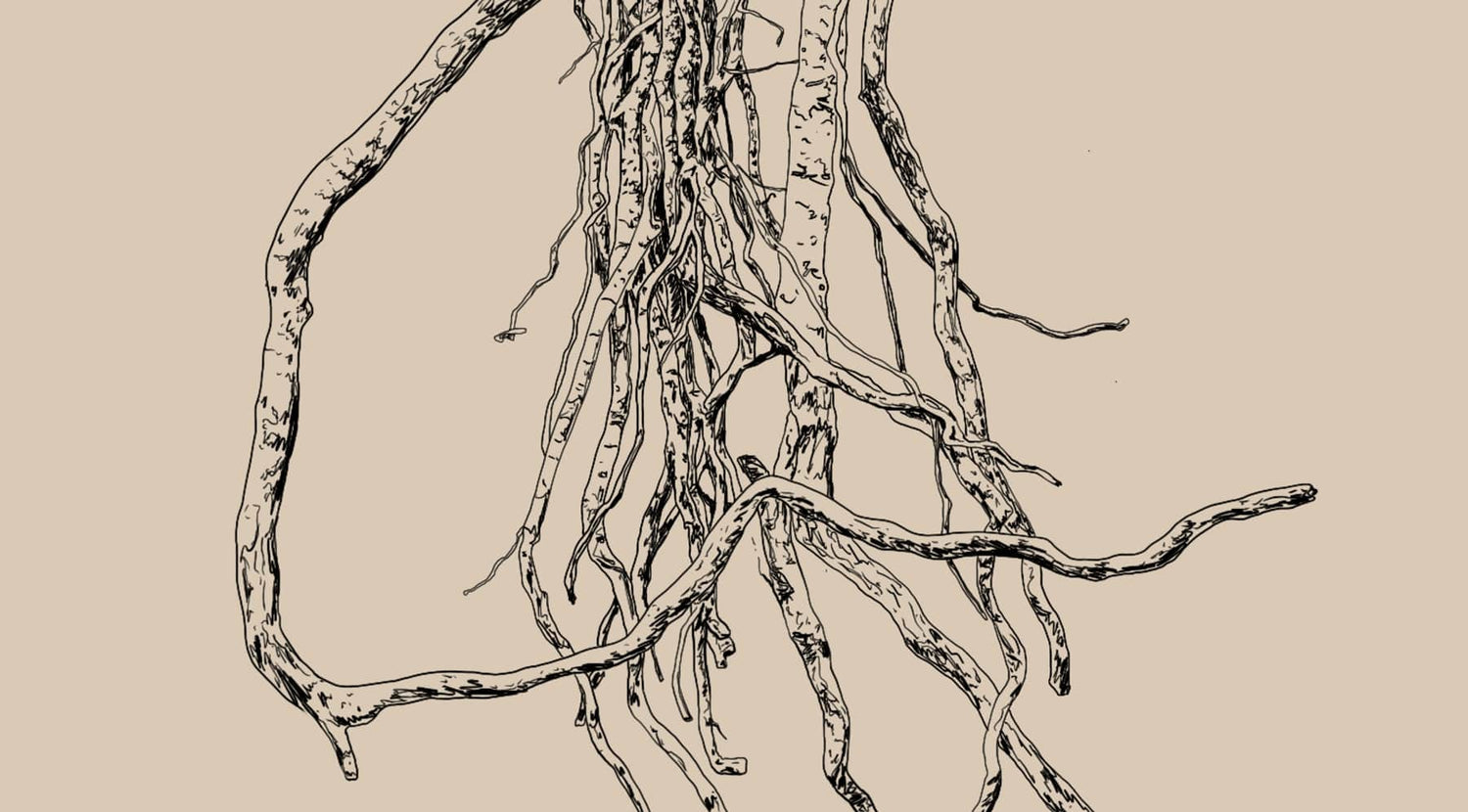
Dong Quai
Angelica polymorph
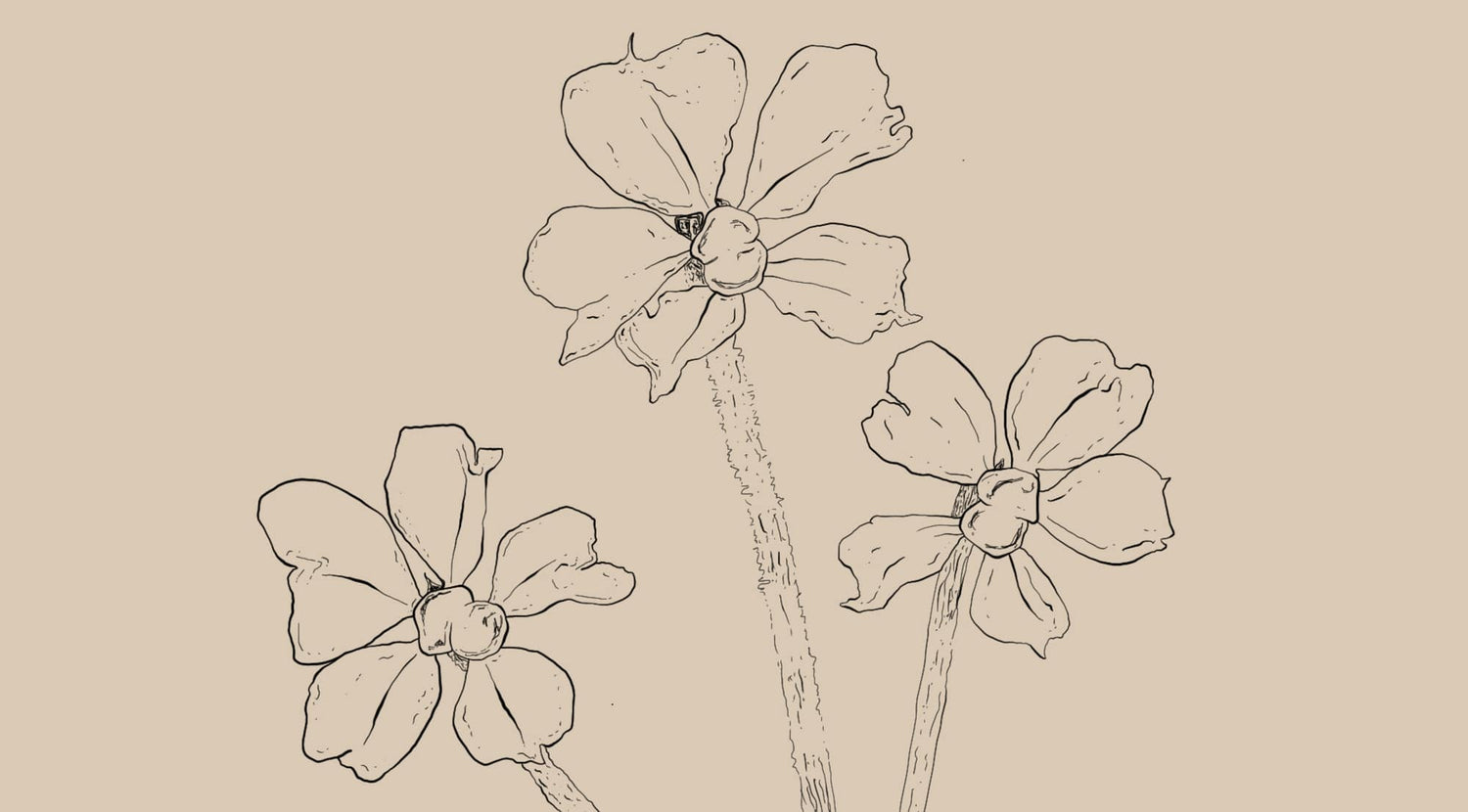
Ginger
Zingiber officinale
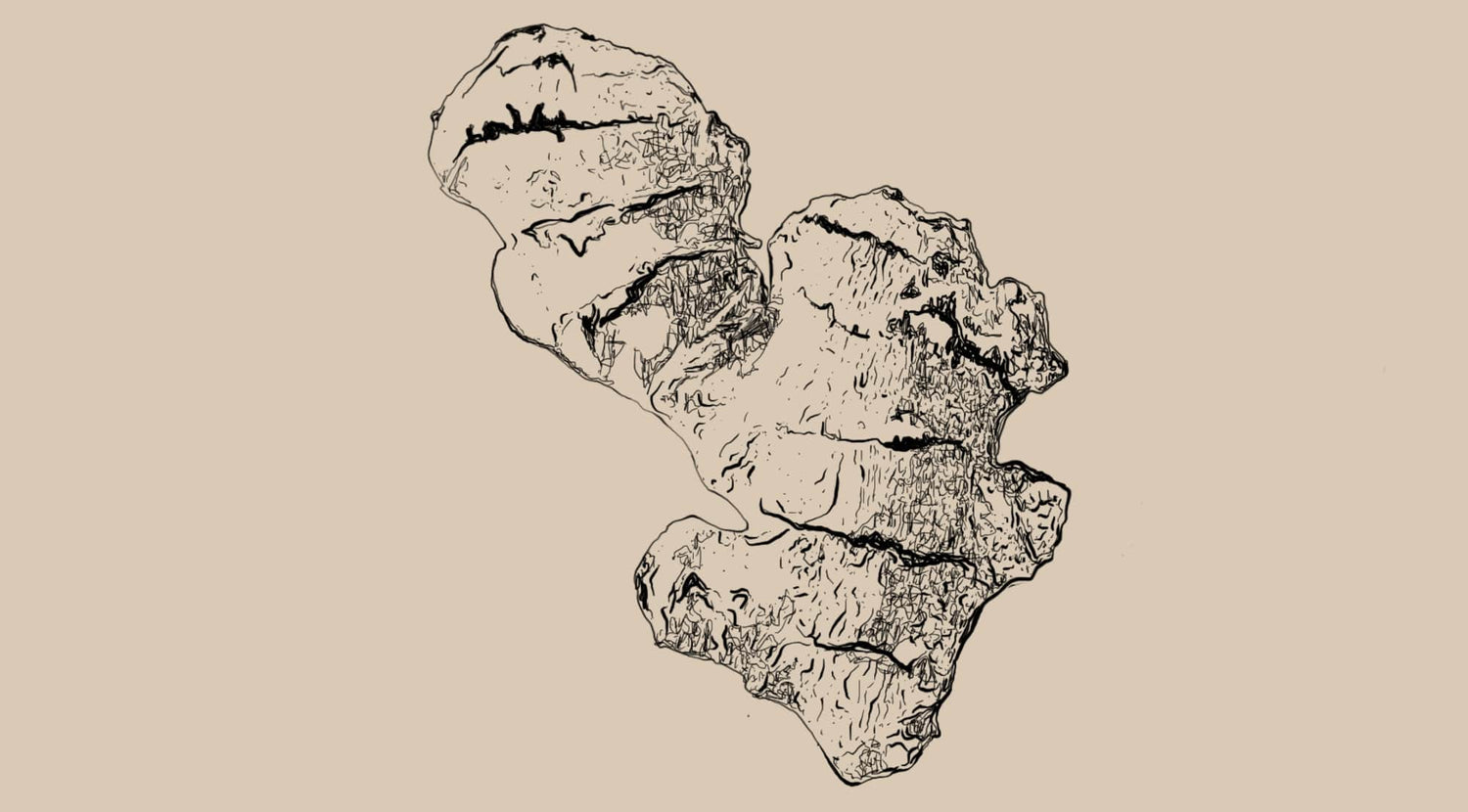
Chaste Tree Berry
Vitex agnus-castus
